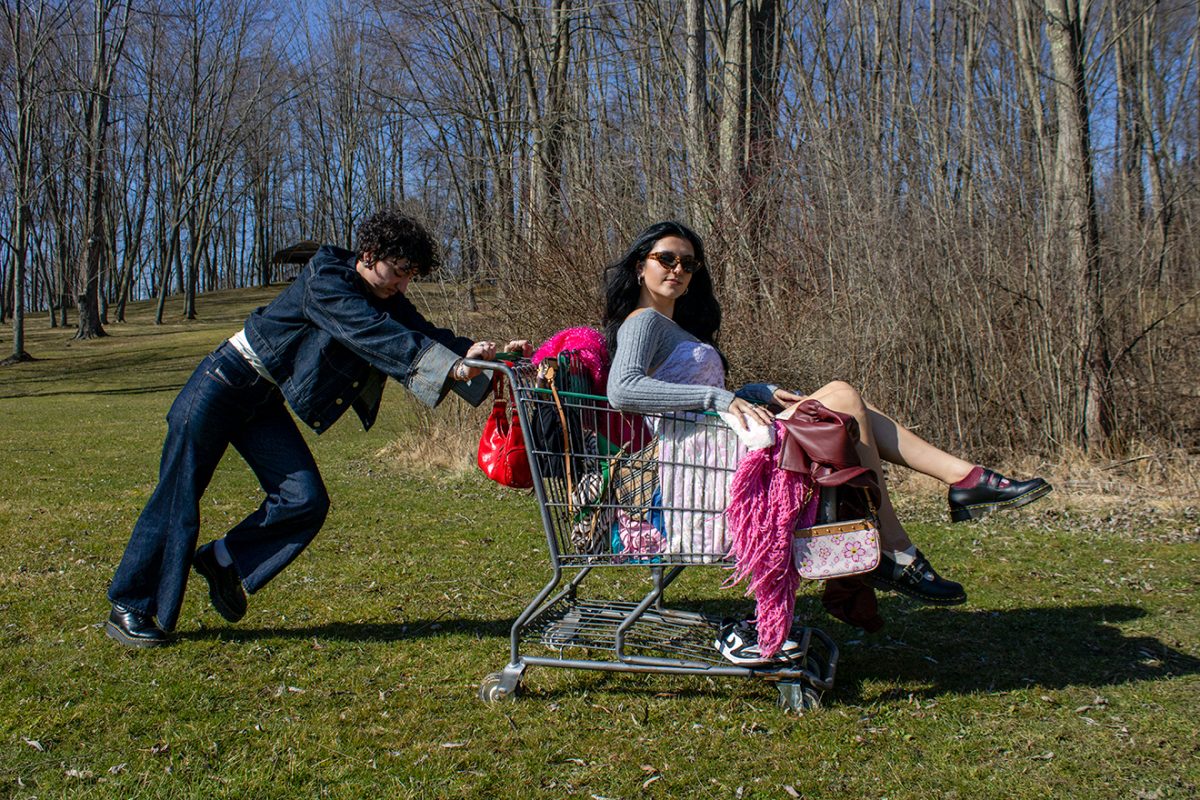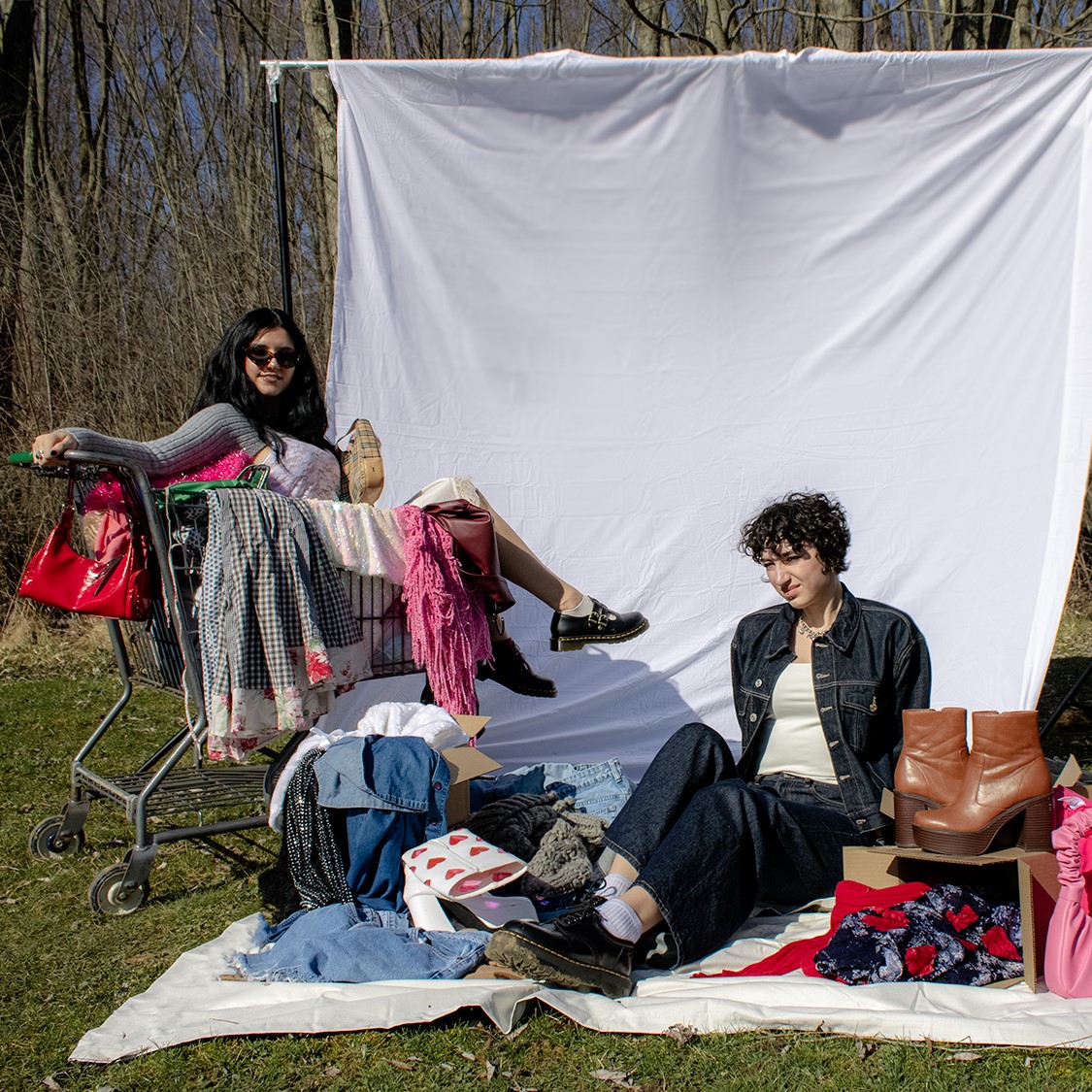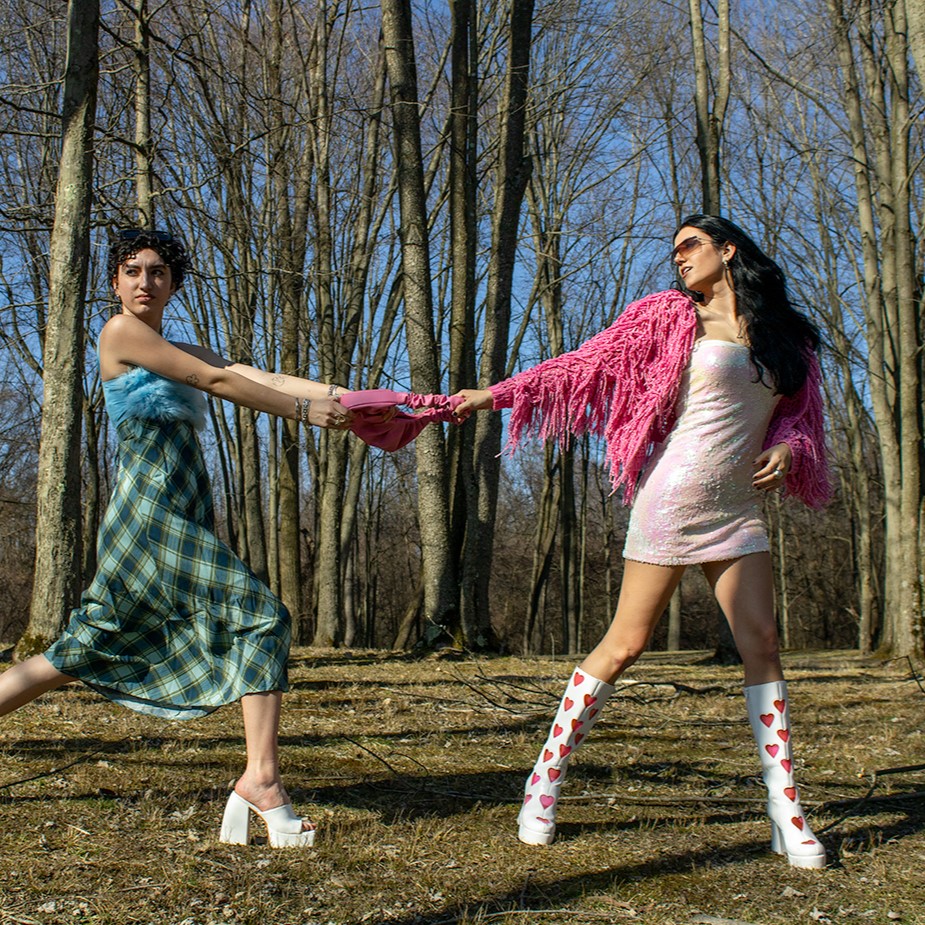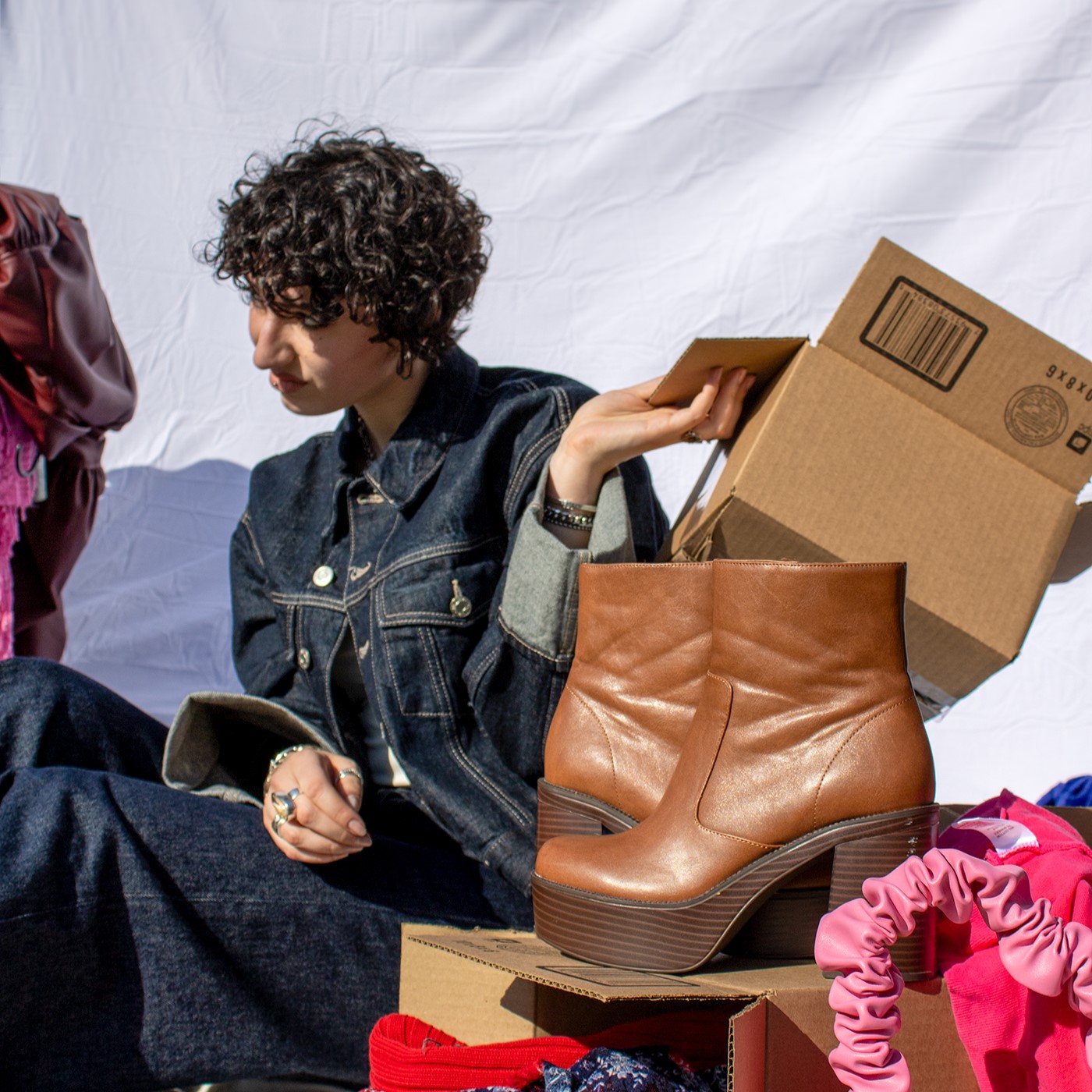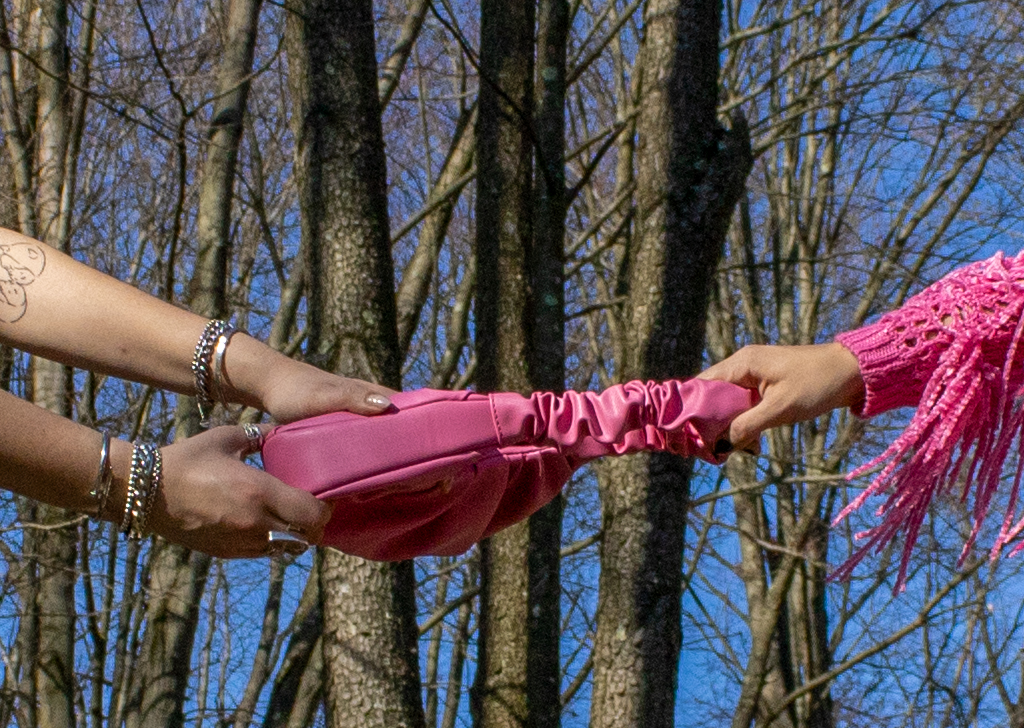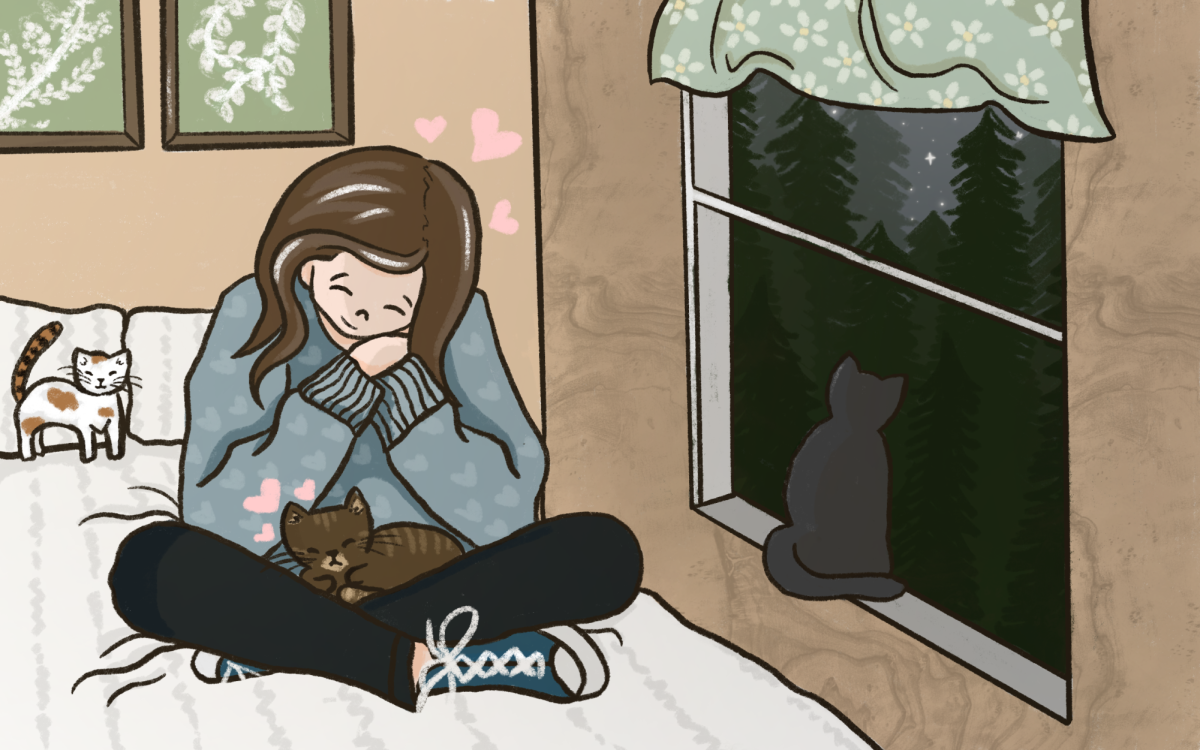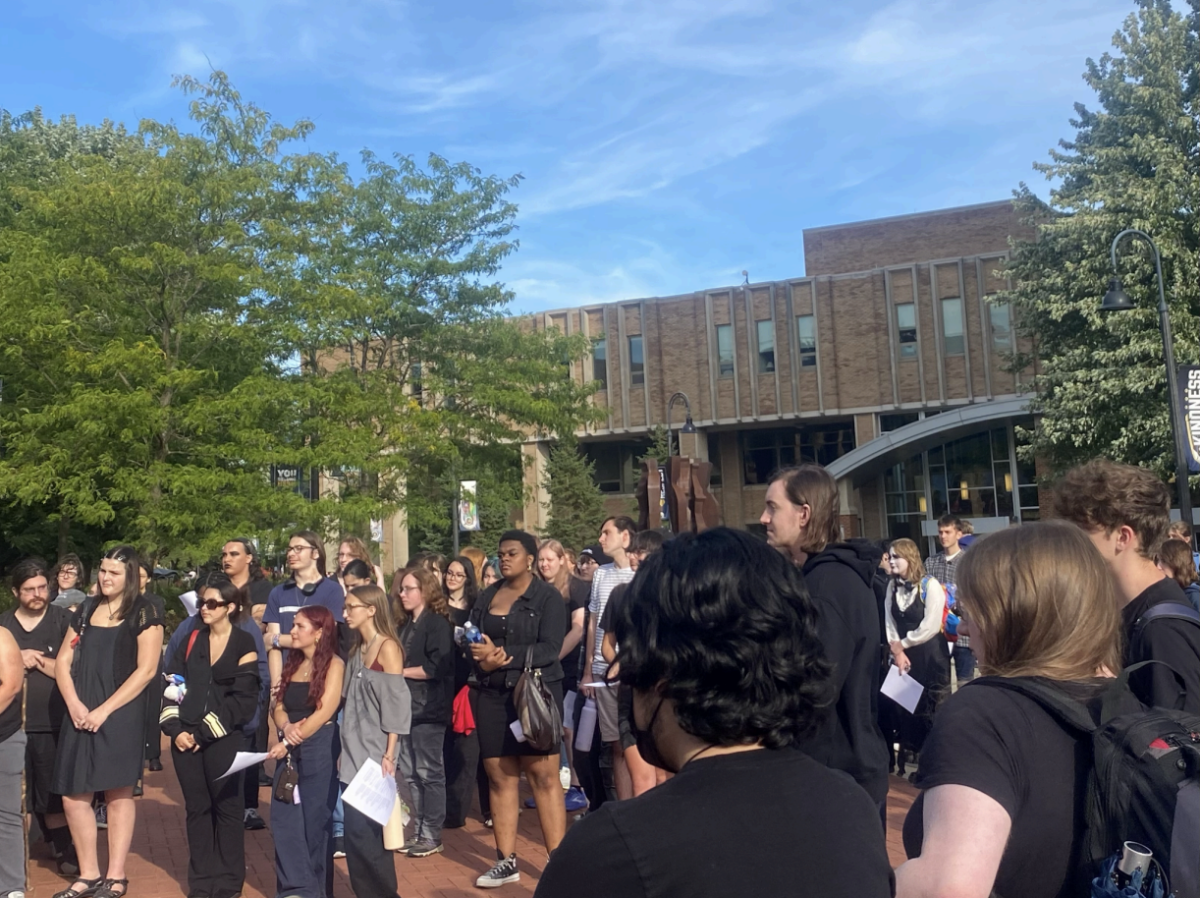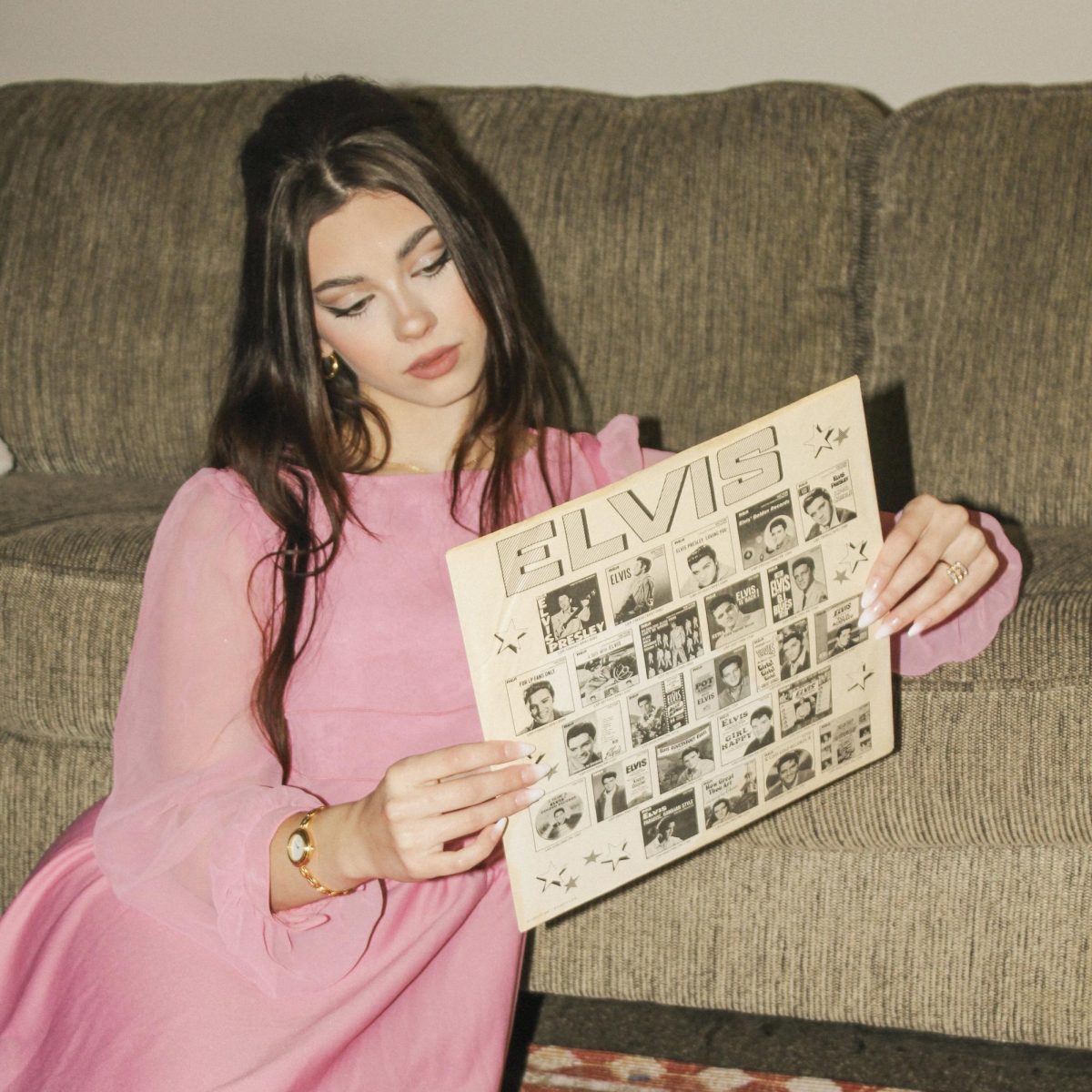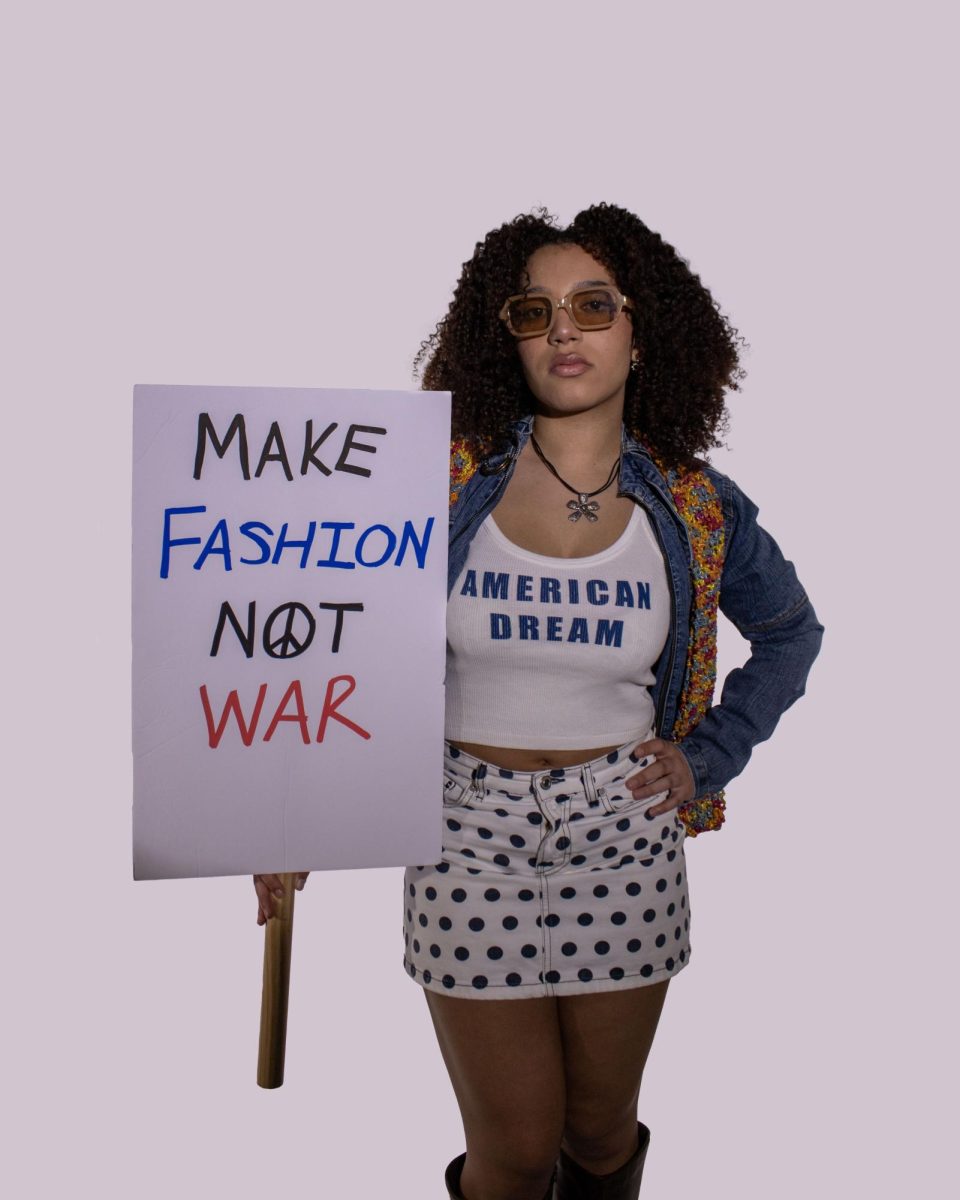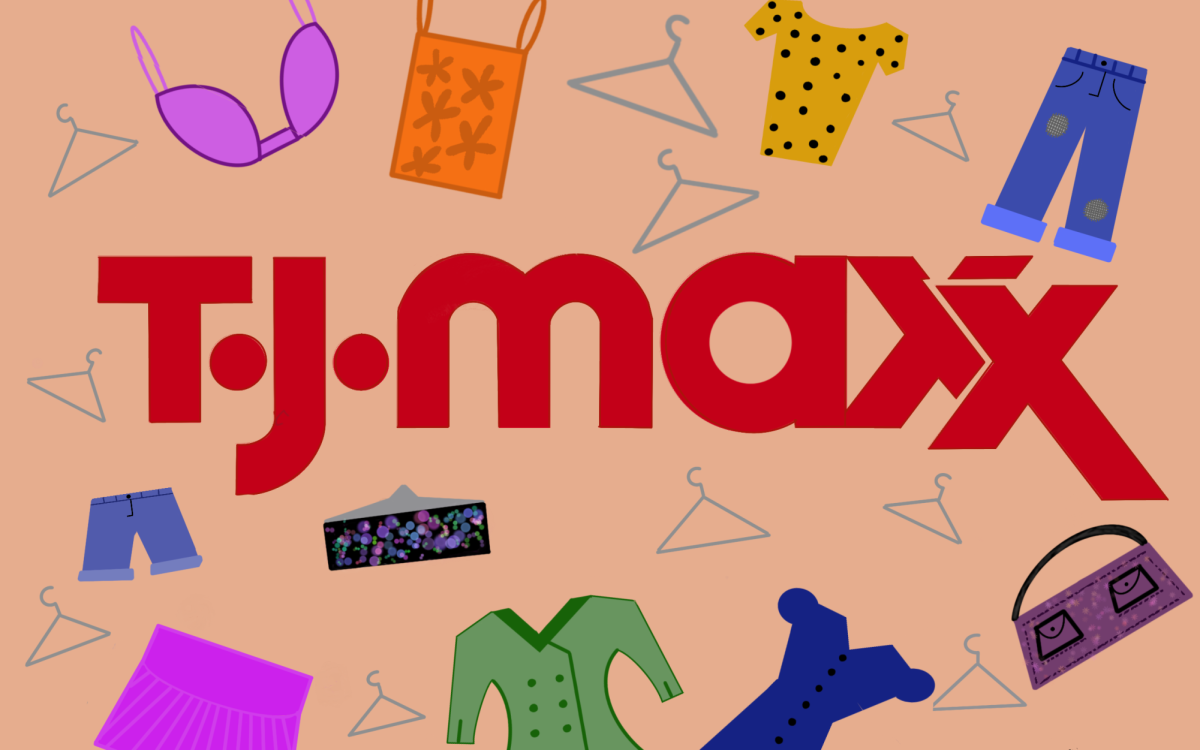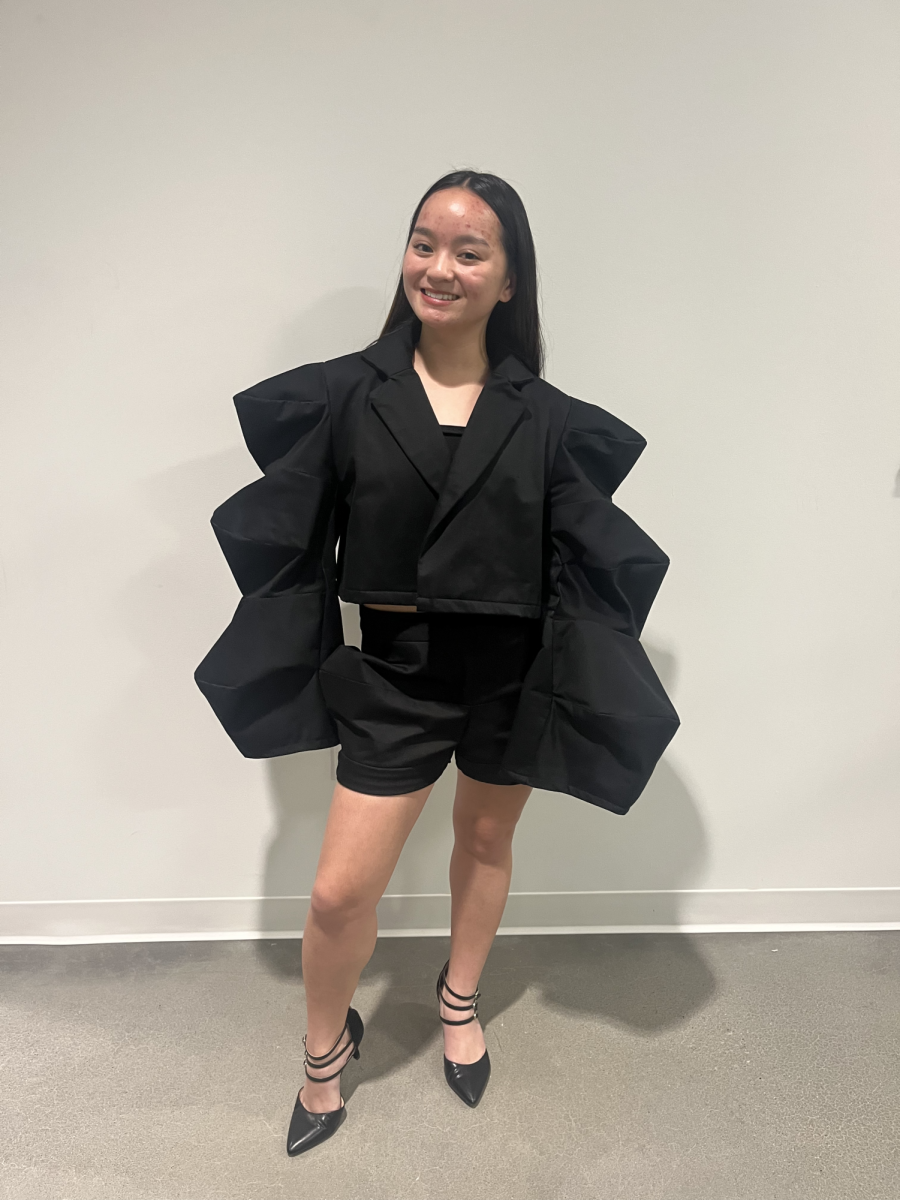Imagine walking into a thrift store, seeing a leather coat in excellent condition, and then seeing it be piled into a cart full of other things soon to be marked up and sold. For a reseller, it’s a great day, but for the average person, thrifting has been ruined.
Reselling has blown up in recent years with apps like Depop and Ebay becoming a staple in the fashion world. Sellers go into thrift stores and find pieces for cheap then list them online for purchase. The process of listing includes modeling and styling items to get a certain aesthetic. Many resellers have created their own shops on Instagram and TikTok.
Secondhand shopping has become more accessible thanks to these platforms, and it’s an easy way to shop online without supporting fast fashion. There are vintage and unique pieces at your fingertips, and with a few keywords, it’s easy to find specific vintage styles. Buying secondhand online helps curve fast fashion and supports small businesses.
We look at reselling with rose-tinted glasses, and it appears to be an ideal concept. But how ethical is reselling?
Thrift stores have become ravaged, and most devastatingly, overpriced. Quality items are ripped from bins in the Goodwill Outlet to be sold for an over 100% markup. The kids section is being raided for the perfect Gymboree baby tee to list for sale.
Racks are left emptied after resellers pile their carts with clothes they will never wear—fixated on finding pieces to profit from. This frustrates other shoppers as inexpensive clothes are being mass-consumed and marked up beyond their value. Thrifting, once exclusive for those in need, has become a competitive venture to find the best pieces to resell.
These issues are defended by resellers claiming they are not a problem because mass amounts of textiles are sent to landfills. However, most of these clothes are unable to be worn or recycled due to toxic concerns (mold, mildew, etc).
A perfect condition and affordable Carhartt coat will not be sent to a landfill, but rather listed on Depop.
Online marketplaces have become increasingly more expensive and oversaturated. It is hard to find a good deal when secondhand becomes the same price as retail. Goodwill has taken note of reselling trends and has begun to increase the prices of brand-name items.
Reselling has pros and cons, and everyone holds a different opinion. It helps reduce textile waste and limits fast fashion, but at what cost—thrift stores have become gentrified for individual profit. Its easy to avoid supporting toxic sellers by looking into accounts of who you’re buying from. Small businesses and accounts run by lesser-known sellers are more ethical and reasonable in pricing. The more people that can access secondhand shopping affordable the more beneficial. Avoid paying inflated prices and resellers who mass post new items—mass consumption isn’t good even when its done at thrift stores.
Support Student Media
Hi! I’m Annie Gleydura, A Magazine’s editor-in-chief. My staff and I are committed to bringing you the most important and entertaining news from the realms of fashion, beauty and culture. We are full-time students and hard-working journalists. While we get support from the student media fee and earned revenue such as advertising, both of those continue to decline. Your generous gift of any amount will help enhance our student experience as we grow into working professionals. Please go here to donate to A Magazine.

